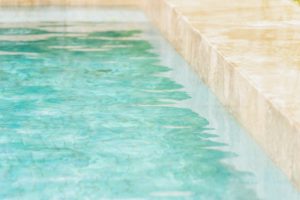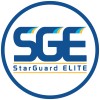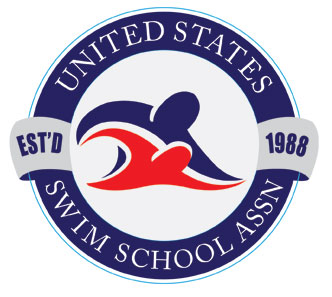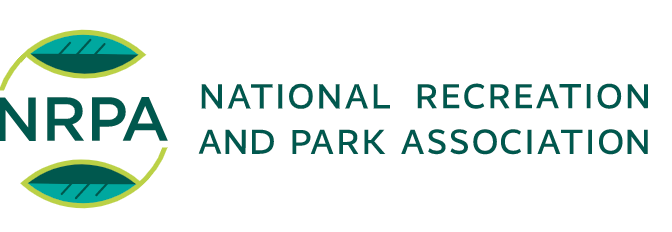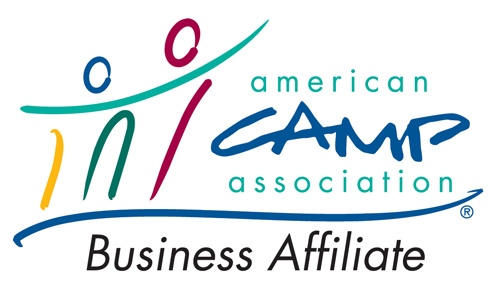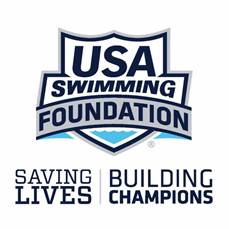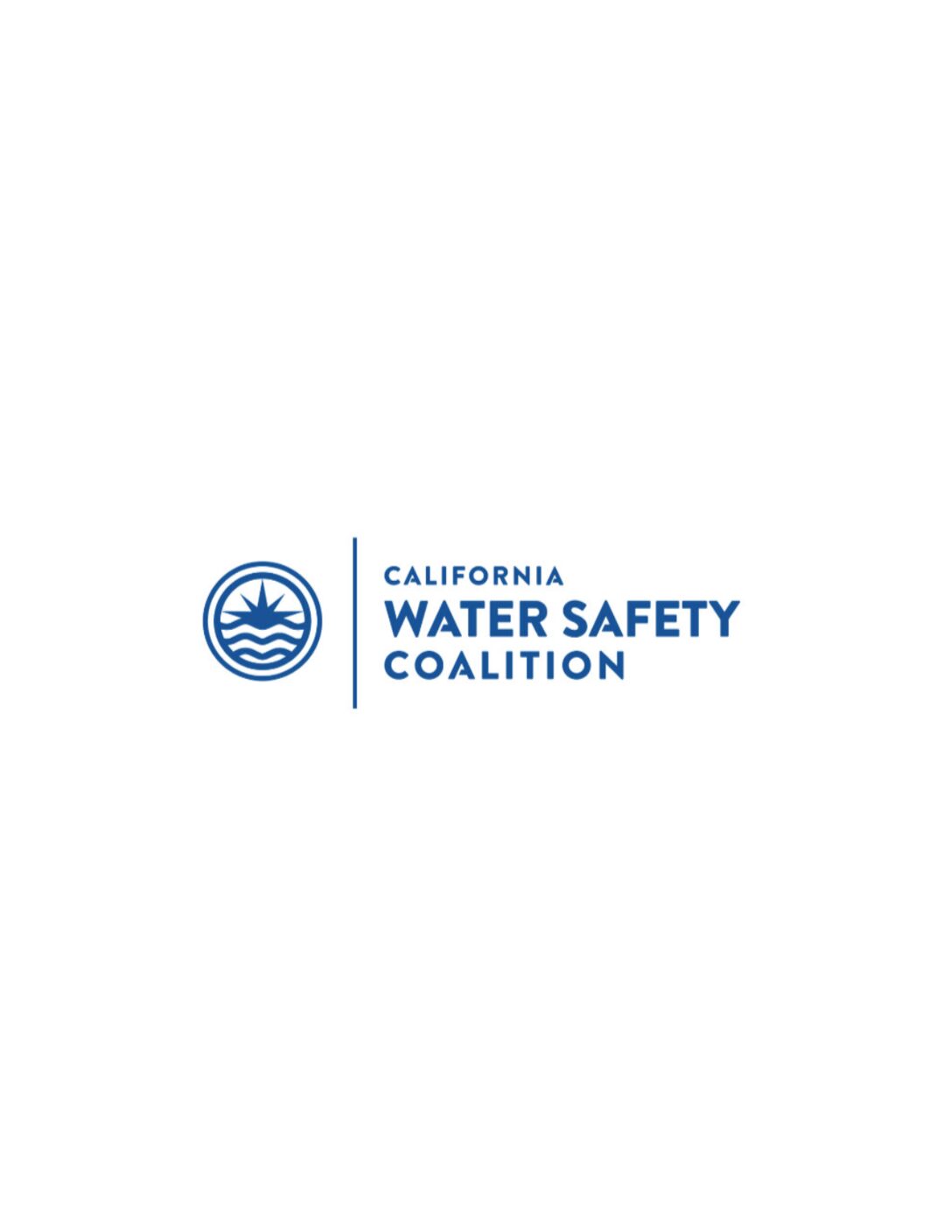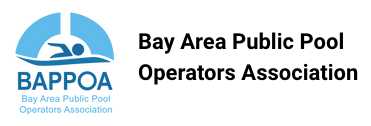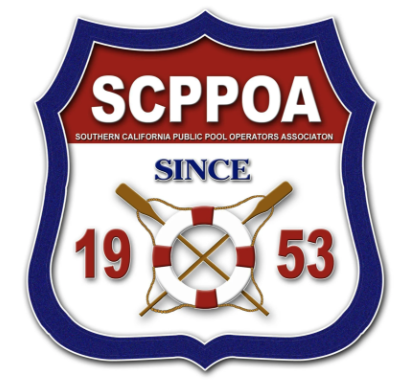Homeowners Associations and Pool Monitor Services
By: Melissa Swanson
If you're a community manager or part of a board of directors for a planned Homeowners Association community, you may be wondering what to do about the community swimming pool with the quickly approaching summer season. Due to the pandemic, our lives and lifestyle have been completely uprooted from days where we didn't have to wear masks and maintain social distancing to now, all avenues of facility layout and operations need to be taken into consideration prior to reopening.
With that being said, our team has focused on designing reopening strategies for safe and efficient pool management and operations. Our strategies include community pool and reservation systems for our HOA communities so that our children can regain health and exercise outside in our beautiful swimming pools.
Before we dive deep into the specifics of our pool monitor services it’s important that I begin with explaining the vital distinction between what a pool monitor is and what a lifeguard is so that you have a clear understanding of the legalities. A pool monitor is not a certified lifeguard and does not have the means to rescue active or passive victims in or out of the water. If someone is actively drowning in the pool, a pool monitor does not have the skills nor are they certified to rescue. It’s best practice that pool monitors are First AID/CPR certified. Perhaps your pool has signage indicating no lifeguard on duty so your sole interest is in the pool monitor service.
Why does my Homeowners Association need a pool monitor?
First question you may be wondering is, what does a pool monitor do and why does our Homeowners Association need one at the community pool? Well, to break down some items for you to think about, ask yourself: What are the covid rules in your state or municipality regarding opening up of facilities such as swimming pools? What is your maximum pool occupancy? What is your anticipated daily number of bathers? How much furniture and pool equipment do you have on deck and what are the flow charts to maintain safe social distancing? What areas will you allow open and will your guests be utilizing any equipment? How often will chairs and tables be used and who will clean them after one person leaves and another person sits down? Are chairs, tables, railings and ladders considered high touch surface areas? How often do these areas need to be sanitized and disinfected? What kind of cleaning schedule will we be on? Who will supply the cleaning supplies and what kind of cleaning supplies are CDC approved in fighting viruses? What about items like kick boards and pool noodles? What if our community has a water feature such as a splash pad for the kiddos, are we allowed to open those? The list goes on and on.
After reading this, if you're thinking we don’t need to worry about this, not many people use our community pool. Just remember that people have been cooped up inside and our urging to be outside. If you're not prepared and someone gets sick or complains that the pool was not covid ready, can your HOA be held legally responsible?
Our pool monitor services break down all of these important questions into specific policies and procedures for opening morning, mid-day and closing shifts. We have created policies for social distancing and PPE including a custom community pool website that includes making reservations at the pool to maintain the correct occupancy levels. Reserving lanes for lap swimming or open areas are all vital to keep an orderly and safe environment.
Policies for sanitizing and disinfecting high touch surface areas which include periodic closures of the entire aquatics facility: decks, locker rooms, and community pool in between each group that desires to use the pool. We purchase and place signage and markers at entrances and exits to maintain a one directional flow of traffic. We restock items such as hand sanitizer stations. We actively monitor high touch surface areas to mitigate risk of infection. Pool monitors also ensure pool rules are being followed while welcoming, checking in guests, and ensuring compliance with CDC guidelines.
Our aquatics company would love to help your community association with your pool monitor services. However, if your board wants to do this yourself, take some of these items within this article to come up with a plan. Be ready. What’s most important is to maintain a proper occupancy level and have a regular and consistent cleaning schedule. If your community has hundreds of families and you live within a hot climate zone be prepared for a very busy pool which can mean potential liability of spreading covid-19.
Be diligent and smart about your plans, it’s very possible that we can safely open our pools. Your residents most likely can’t wait to return to a somewhat normal lifestyle. Now is the time to start thinking about these things or to contract this out to a reputable, insured company that has direct experience in the aquatics industry.
We are here if you need us.
This article is brought to you by The Swimming Swan

